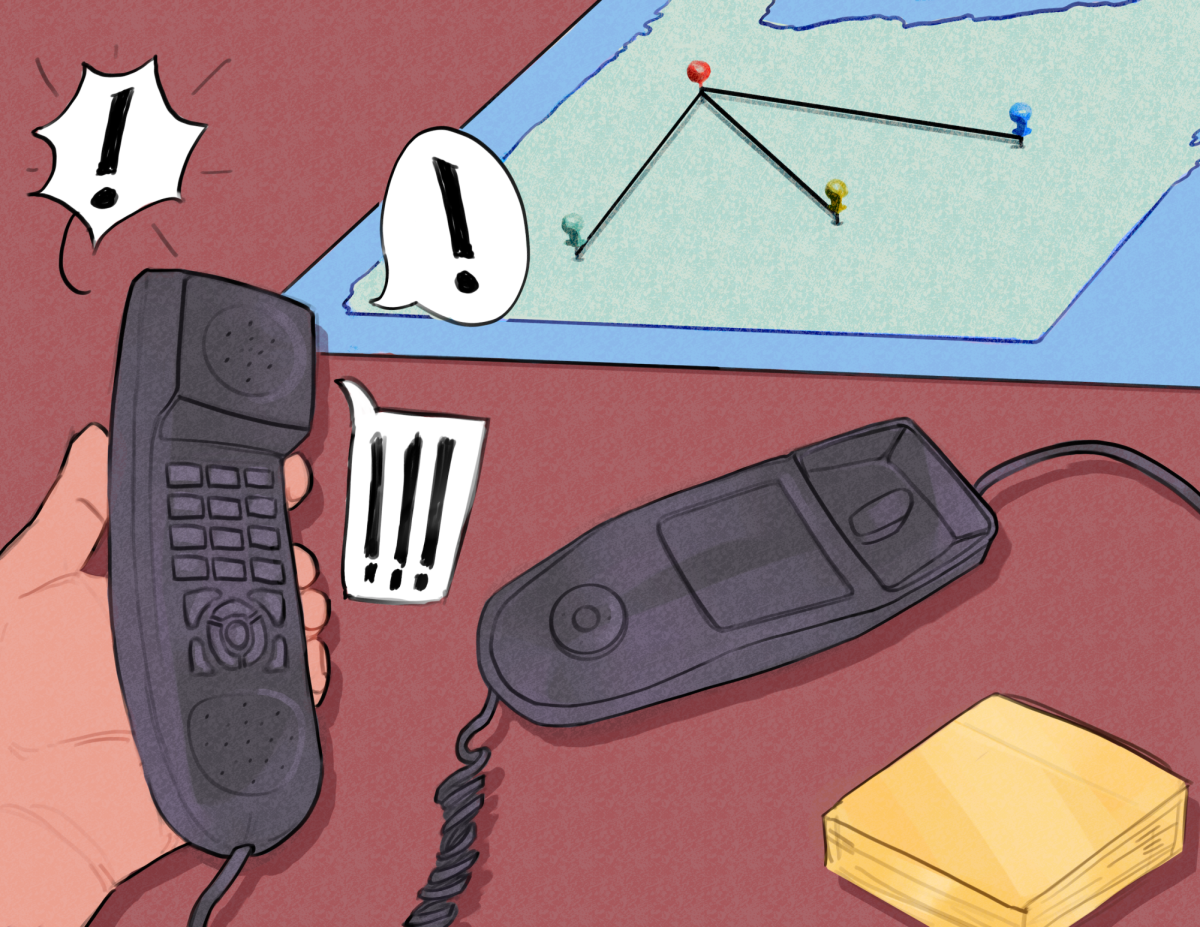Recently, the Oregon Department of Justice announced that they will run a campaign to promote their hate crime hotline, 1-844-944-BIAS (2427).
According to Oregon DOJ Director of Civil Rights and Social Justice Fay Stetz-Waters, the three month campaign, You Belong, will deploy six public service announcements in three languages (English, Mandarin and Vietnamese), radio ads, social media ads in seven languages, billboards and a social media influencer campaign.
“This is the first hotline of its kind in the country,” Stetz-Waters said. “And we would like more people to be aware of (the hotline).”
In 2018, the Oregon DOJ noticed a spike in reported hate crimes in Oregon. Soon after, Attorney General Ellen Rosenblum launched a task force to look into the issue.
The work of the task force focused on passing 2019’s Senate Bill 577, which according to a You Belong press release, defined “bias crimes and incidents in Oregon and established resources to respond to the rise in hate crimes and bias incidents in the state.”
Another part of the bill dedicated Oregon to studying “the enforcement of laws relating to bias crimes and methods of collecting data on the commission of bias crimes within this state.”
One of the resources established was Oregon DOJ Civil Rights Unit’s 2020 Bias Response Hotline, through which those who have experienced non-violent hate crimes and bias incidents can confidentially report those crimes and incidents and be connected to support services. According to Stetz-Waters, the hotline is multilingual with interpreters trained in 240 languages.
Stetz-Waters also encouraged people to visit their website, StandAgainstHate.Oregon.Gov.
“On the website, we have many materials to help people experiencing hate crimes and bias incidents, including the You Belong toolkit and a confidential chat feature,” Stetz Waters said.
The Bias Response Hotline offers not only safety and support to those victims of hate crimes and biased incidents, but also collects data confidentially on such incidents which it shares with law enforcement, policy makers and the public to help better see the extent of these issues and to help understand them.
According to the You Belong press release, this data-driven approach fosters inclusive environments by prioritizing communities impacted by inequity and implementing measures that uphold the dignity and humanity of every individual.
Since the Bias Response Hotline opened, according to data from the Oregon Criminal Justice Commission’s public data dashboard, reported incidents of hate crimes and bias incidents in Oregon have increased by 229%. In 2023 alone, there were a total of 3,623 reported incidents with a monthly average of 302.
“Forty to 60% of these incidents have been classified as biased incidents,” Stetz-Waters said.
ORS 147.380 defines a biased incident as “a person’s hostile expression of animus toward another person, relating to the other person’s perceived race, color, religion, gender identity, sexual orientation, disability or national origin, of which criminal investigation or prosecution is impossible or inappropriate.”
Stetz-Waters said that the majority of the incidents have been around race, ethnicity and national origin, with the most bias being around Black or African Americans. Stetz-Waters said this data aligns with national trends.
Part of this rise in reported incidents most likely has to do with the public’s knowledge of the hotline and other services, according to Stetz-Waters.
“As the hotline grows, people are becoming more aware of it,” Stetz-Waters said. “Which means we’re doing a good job. It’s good to be able to put a face to this sort of thing; give it a name that people can associate with.”











































































































